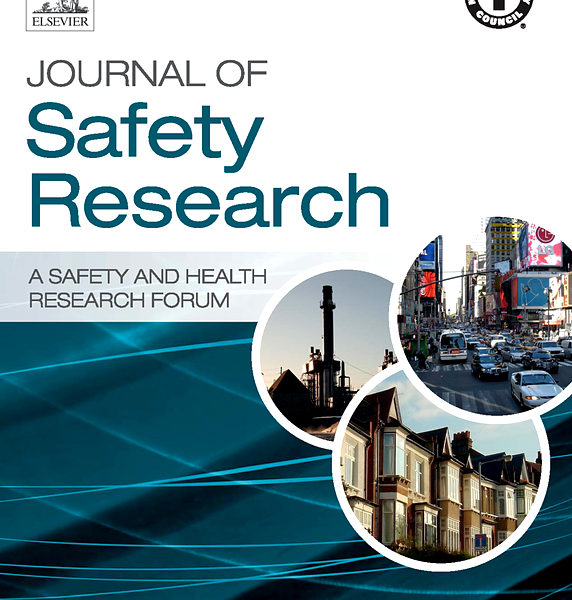A new study concludes that helmetless motorcycle riders are more likely to die than their helmeted counterparts. The study, “Are motorcycles really “donorcycles”? examines organ donation rates between un-helmeted and helmeted motorcyclists.Stephen Thorp, MD‘s research was published inthe Journal of Safety Research. If you are wondering, the Journal of Safety Research is a joint publication of theNational Safety CouncilandElsevier.
To conduct its analysis, Thorp’s team used and compiled information from Michigan’s Gift of Life organ donation database and the Michigan Trauma Quality Improvement Program. The study then reviewed and analyzed Michigan’s motorcycle fatalities. Several years of data were collected between 2009 and 2015. This timeframe bridged the state’s 2012 decision to repeal Michigan’s then 35-year-old universal helmet law.
The study then compared the rate of organ donation from both the helmeted and un-helmeted rider groups. Their conclusion? Un-helmeted riders are more than three times as likely to become organ donors today than before the universal helmet law’s repeal. Investigators suggest that the likely reason is a dramatic increase in death due to severe traumatic brain injury (TBI).
According to Brett Robinson, Executive Director of the U.S. National Association of State Motorcycle Safety Administrators:
“Helmets certainly do make a difference. The research has shown for decades that wearing a compliant helmet reduces the severity of head trauma. Does it reduce the overall risk of injury? No. Just because you wear a helmet doesn’t mean it’s going to save your life. You can still have blunt trauma to the body.”
The study also found that in addition to an increased risk of traumatic brain injury and death, the average age of death among un-helmeted riders dropped from 40.8 years to 32.8 years following the universal helmet law’s repeal. Helmetless riders also scored a higher risk of admission to a hospital intensive care unit.
Study Conclusion
Ultimately the study concluded:
This is the first study to demonstrate an increased rate of organ donation among un-helmeted motorcyclist fatalities compared to helmeted rider fatalities. There was no significant increase in the rate of organ donation following the Michigan UHL repeal. However, we identified that some motorcycle crash fatalities were from illegally un-helmeted riders in the past, prior to the repeal.
Practical Application:Un-helmeted motorcyclists are three times more likely than helmeted riders to become organ donors, possibly due to the well documented increase in severe traumatic brain injuries in this population. From a public health perspective, helmets should be required for all motorcyclists and efforts to advocate in favor of helmet legislation should be supported by trauma systems and health professionals.







